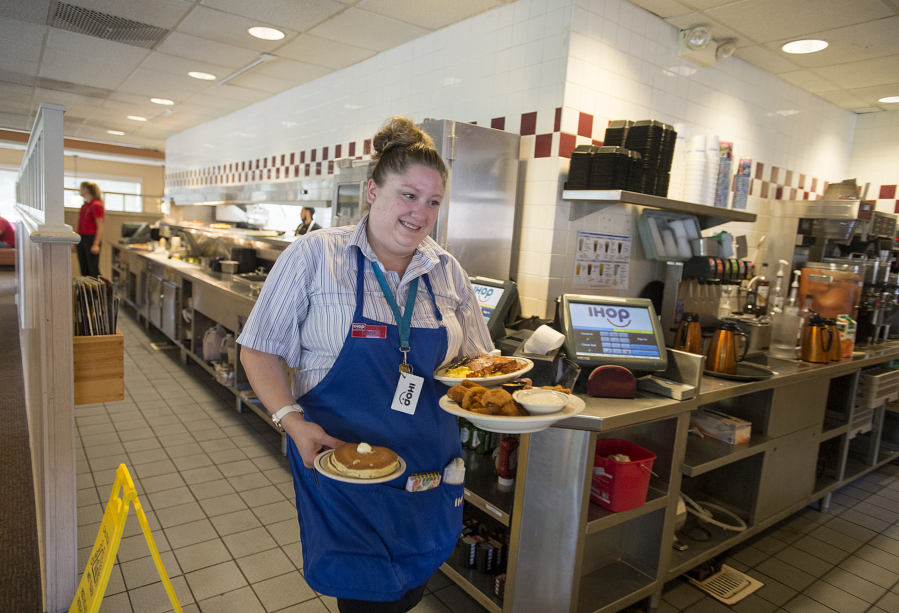Avvocato, a senior citizen, landed in a homeless shelter when she couldn’t find an affordable place to live. The Council for the Homeless also helped her secure a place to live. But she still lives in fear about what a rent spike could mean for her. A former accountant, she’s good with numbers. Each month is carefully mapped out: rent, $595, phone, $115.36, utilities, $80. For October there’s also $12 for postage carved out so she can send her autistic grandson a birthday present. There’s no room for error.
Both Prouty and Avvocato could easily be considered success stories.
Those in the midst of crisis are harder to reach.
“For every one person we’re able to help stay in their apartment, we get about 300 or 400 phone calls for people we aren’t able to help because there aren’t enough funds. Yeah, it’s pretty bad right now,” Silver said.
Three goals
Proposition 1 has three goals:
The primary goal is to increase the supply of affordable housing.
At a rate of 36 cents per $1,000 of assessed property value, the property tax levy is projected to generate $6 million annually for seven years. About 40 percent of the affordable housing fund would be spent on incentives for private and nonprofit developers to build both mixed-income and affordable buildings. Through a competitive grant process, an estimated 3,300 homes would be built or preserved for those making less than half of the community’s average income, according to Silver.
Developers would have to sign a contract specifying they would offer rents to people making less than 50 percent of the median income. For a one-bedroom apartment that’s $643 a month, for a two-bedroom that’s $734, compared with the fair market value of $1,028 for a one-bedroom and $1,208 for a two-bedroom.




